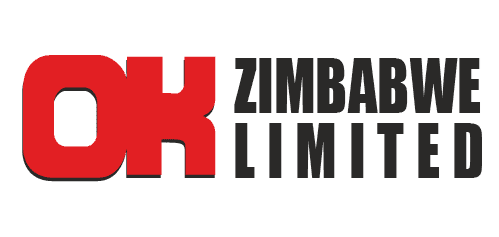Zimdollar under serious pressure
The Zimbabwe dollar is facing serious pressure and possible rejection as exchange rate volatility continues to weigh on the local currency, analysts have said.
The Reserve Bank of Zimbabwe (RBZ) reintroduced the Zimbabwe dollar (ZWL) in 2019, but the local currency continues to lose value on both the official and illegal parallel foreign exchange markets.
Statistics show that the ZWL dropped about 40 percent in the month of May 2023 alone, from an average of $2 200 against the dollar in April to about $6 000 to $8 000.
Year-to-date (YTD), it has dropped by over 75 percent, which is only slightly less than the 77 percent reduction seen throughout the full year of 2022.The ZWL lost over 60 percent of its value in the official interbank market, closing May 2023 at $2 577,07 against the US dollar.
Consequently, over 40 percent premium in the parallel market is given.
Granular examination also reveals that the local currency has actually lost 73 percent of its value in the first five months of 2023 compared to an 84 percent fall that was experienced in the full year prior.
“The aforementioned figures show how the ZWL struggles to carry out the store of value function. As a result, economic agents continuously replace the ZWL — flight to safety — to maintain earnings worth,” said the Zimbabwe Coalition on Debt and Development (ZIMCODD).
“The extra Zimbabwe dollar liquidity in the economy, which was produced by the RBZ paying for the forex given up by tobacco exporters and farmers, is primarily what is causing the continuous decrease in ZWL,” said ZIMCODD.
For retailers, Zimbabwe dollar prices are pegged at a premium, a move seen as to discourage the use of local currency and forcing consumers into US dollar purchases.
Statistics also show that more than three-quarters of transactions are now in US dollars. The civil society group has also said the Treasury is equally to blame for the resulting economic turmoil since it is failing to stop the growing strain on government spending.
Currently, Treasury is funding ongoing infrastructure projects, supporting agriculture, cushioning civil servants, and funding for election through resourcing the Zimbabwe Electoral Commission (ZEC) to conduct 2023 harmonised elections slated for the 23rd of August.This is in addition to other measures introduced that will put a strain on the fiscas.
Treasury indicated that starting June 2023, Treasury will assume all RBZ foreign obligations and undertake payments for all forex ceded by exporters.
“All this will greatly contribute to excessive money supply circulating in the economy. In the end, the increased ZWL liquidity amid adverse expectations and high economic uncertainties posed by 2023 elections risks a total collapse and market rejection of the local currency,” said the civic society
group.
ZIMCODD, however, admits that with adequate will to allow Treasury to fully implement some of its recent policy proposals like the promotion of ZWL use, sterilization of excess liquidity, and monetary policy tightening by RBZ, ongoing ZWL depreciation against the US dollar will likely moderate and help contain inflation.
“Be that as it may, the pending elections are likely promoting opportunistic political business cycles — volatile changes in fiscal spending and taxation which worsens macroeconomic volatility,” said ZIMCODD.-ebusinesswweekly










